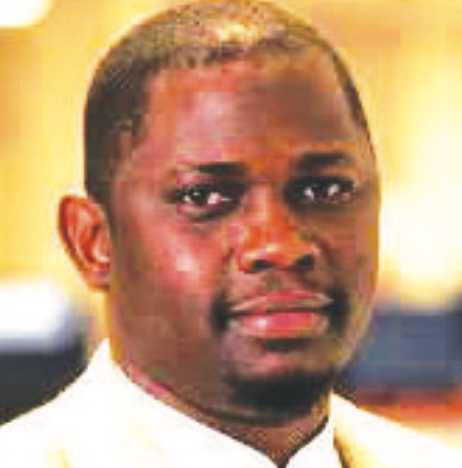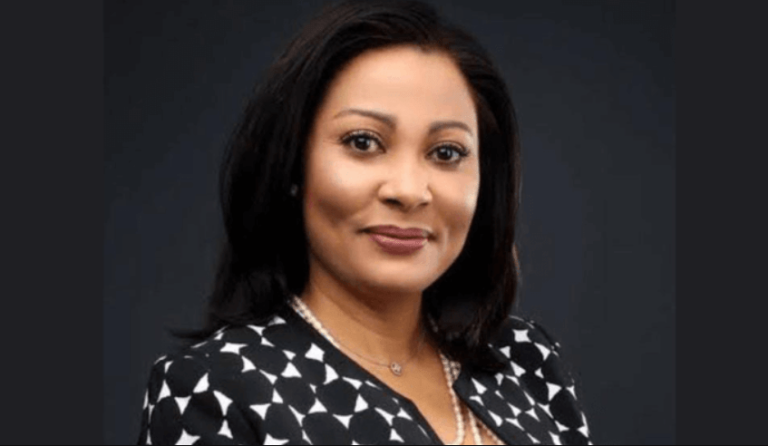
Screenshot

As political strategies unfold behind the scenes, with the public often influenced in agenda-setting through social media and mainstream media, a crucial question should occupy the thoughts of informed Ugandans: are we better served by a popular-vote presidential system or a parliamentary system?
Given current trends, it appears that Uganda may be moving towards a parliamentary system in the near future as a strategy for succession.
For Ugandans, the pressing question further remains: is this change for the greater good, or is it merely a tactic for the regime to entrench itself further and solidify the poor leadership that has caused suffering for the Ugandan people over the past four decades.
The 1980 election marked a pivotal moment for President Museveni, leading to the bush war that resulted in loss of life and ultimately brought the NRM to power. The election was conducted indirectly, with members of parliament electing the president through the National Assembly.
This process was governed by the provisions of the 1967 Constitution, which remained in effect at the time. This election occurred in the aftermath of the tumultuous period of Idi Amin’s regime (1971-1979) and the subsequent interim governments that emerged following his ousting.
The country was in the process of transitioning back to civilian governance. General elections took place in December 1980 for the selection of members of the National Assembly (MPs).
The primary contenders included the Uganda People’s Congress (UPC) led by Milton Obote, the Democratic Party (DP) led by Paul Kawanga Ssemogerere, and Yoweri Museveni representing the Uganda Patriotic Movement (UPM) as the underdog.
Following the announcement of the parliamentary results, the newly elected members of parliament proceeded to cast their votes for the president. The individual who obtained the majority of votes from the MPs was declared the president.
The Uganda People’s Congress (UPC), under the leadership of Milton Obote, achieved a majority in the parliamentary seats. Consequently, the UPC-led parliament appointed Milton Obote as president.
This election was marked by significant controversy. The Democratic Party (DP) and other political entities accused the UPC of extensive electoral fraud and manipulation during the parliamentary elections, asserting that Obote’s party had altered the results to secure a parliamentary majority, which subsequently enabled him to attain the presidency.
This controversy played a crucial role in prompting Yoweri Museveni to initiate the bush war in 1981. In short, for the 1980 elections, the people elected MPs, and those MPs subsequently voted for the president.
In comparison to the 1996 election, which was a direct vote by the people, a notable change occurred in Uganda’s political landscape – a transition from a parliamentary system to a presidential system based on popular vote.
For the first time in Uganda’s history, the president was elected directly through a popular vote, using universal adult suffrage. This was established by the new Constitution of 1995.
This election took place following a decade of governance by Yoweri Museveni’s National Resistance Movement (NRM), which had been in power from 1986 to 1996. Initially, the NRM had banned political party activities, and the 1996 election was held under a no-party or Movement system.
Eligible voters in Uganda participated in the elections by casting their votes directly for their preferred presidential candidate. The outcome was decided by a simple plurality, which means that the candidate receiving the most votes emerged victorious, without the necessity of achieving an absolute majority (more than 50 per cent).
President Museveni secured the election with a substantial lead. This election signified the commencement of the current phase of direct presidential elections in Uganda.
The transition from the indirect voting system in 1980 to the direct voting system in 1996 instilled hope among Ugandans, as it was perceived as a major democratic advancement, at least theoretically, by empowering citizens to select their head of state directly.
However, over the years, Uganda has experienced electoral malpractices and rigging to such an extent that many Ugandans have come to question the value of participating in elections.
As morale declines, Ugandans must prepare themselves for the much-anticipated transformation in the system. In the context of succession politics, it is probable that a shift will occur from a popular vote presidential system to a parliamentary system.
Whether this change will primarily benefit the Ugandan populace or serve the self-serving interests of the regime remains to be seen.
The writer is a political analyst and a student of LLB Law with Politics, Cardiff University.



